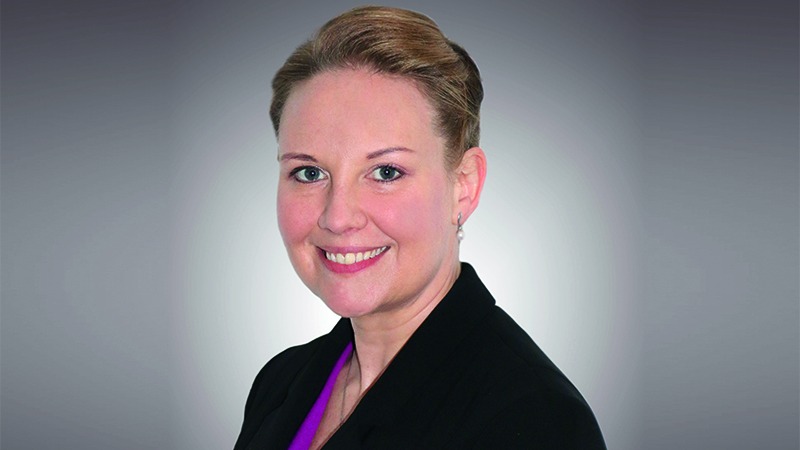Q: What is the biggest change you have seen in the industry since you joined?
The biggest positive change will be the upcoming Consumer Duty principles brought in by the FCA to fundamentally improve how firms look after their clients. This is long overdue. Too many in the industry fail to make their communications easy to understand or ensure the needs of their clients are met long term.
It is crucial to provide more educational webinars explaining things such as the different asset classes used in portfolios, the importance of investing early and how to feel more empowered about making investment decisions that are right for you, something I have done as part of Quilter Cheviot’s Advising Female Clients initiative. Those we are speaking with may not have the confidence to admit that they do not understand what we are saying, or the jargon used.
Q: What is the investment topic most often brought up by your clients?
Recently it has been all about where markets are heading for 2023. Last year was so turbulent and investors want reassurance, not only that things will improve but that their strategies remain appropriate for their needs. When you see declines in major market indices, it is often easy to forget that investing is for the long term. This is where communications with clients is so vital. They need to have confidence that the portfolios put in place for them remain suitable and can adapt to the changing market environment.
Q: Which piece of regulation makes the biggest impact on your day-to-day role?
Until recently, it was the FCA requirement to notify clients of any 10% drop in the value of their investments via written communication. While the measure was put in place to help firms support consumers during market volatility, at times it caused clients a lot of concern. In such circumstances I would call my clients and talk them through the changes that were happening and what actions, if any, I took to ensure their investments continued to meet their long-term needs. While I understand the reason for the measures, for some this can lead to a mindset of short-termism, undermining the reasons for the clients’ investments in the first place.
Q: What single change would you make to the wealth management industry?
To ensure those working in the financial services industry reflect the clients we look after. As a female investment manager, there are still times when I will walk into a networking event and will be the only woman in the room. While things are evolving, it is a shame not to see more women or people from different ethnic backgrounds choosing a career in financial services. This needs to change, starting from careers advice given in schools, to the recruitment processes firms undertake. I hold regular talks in local schools about choosing investment management as a career. I am proud of the fact that many young women come up to me afterwards and say that following on from those talks they are now considering a career in investment management.
Q: What advice would you give to someone just starting in the industry?
Be your authentic self. When I started out I thought I had to act, dress and conduct myself in a certain way in order to be taken seriously by colleagues and clients alike. This extended to dressing in pin-stripe trouser suits and shirts, to even trying to make sure I kept on top of the latest football and rugby fixtures when I had no interest in sport. This is not who I was or why clients and professional contacts have chosen to work with me. It is the relationships you forge over time, the trust you build up and the way you help your clients navigate challenging financial times that are the key to success in this industry.
BIOGRAPHY
Vanessa Eve works extensively with private clients and intermediaries, as well as advising individuals. She specialises in the bespoke management and construction of portfolios for family offices, company pension schemes and charitable organisations. Previously, Eve worked at Rensburg Sheppards (now Investec), Charles Stanley and Sanlam before joining Quilter Cheviot in 2020.
This article first appeared in the February edition of Portfolio Adviser Magazine











